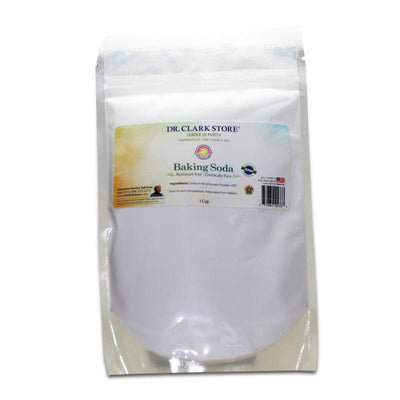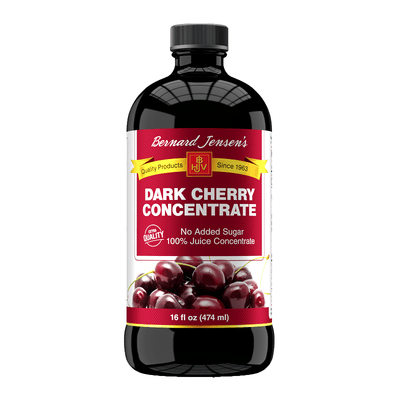Dry Fasting vs. Water Fasting: Risks & Benefits

Dry fasting vs. water fasting: two approaches to fasting with key differences. This comparison explores the pros, cons, and important considerations for each method.
Choosing between dry fasting and water fasting requires careful consideration. Both methods may yield results, but an informed choice is crucial.
What is Dry Fasting?
Dry fasting involves abstaining from both food and water for a specific duration. This practice may appear extreme, and it has two main variations.
Types of Dry Fasting
Hard dry fasting restricts all contact with water, including showering and brushing teeth. Soft dry fasting permits water for hygiene, but not for drinking.
Some religious practices, such as Ramadan fasting, incorporate dry fasting. Studies on Ramadan have shown weight loss and lower blood pressure after 29 days.
However, compared to water fasting, dry fasting places more stress on the body and may lead to more severe mineral and electrolyte deficiencies.
What is Water Fasting?
Water fasting involves abstaining from all food while only consuming water.
Research suggests water fasting offers health benefits. One concern is mineral deficiency, often stemming from mineral-deficient food consumed before the fast. Addressing pre-fast nutrition and proper mineral supplementation through broths can address this concern.
Since water doesn't contain minerals, prolonged water fasts could lead to mineral deficiencies, but these can be prevented or replenished through adequate nutrition.
Dry Fasting vs. Water Fasting: Benefits

Both dry fasting and water fasting offer potential benefits. Intermittent dry fasting, similar to Ramadan fasting, may reduce inflammation and improve body weight. This is indicated by decreased inflammatory cytokines and increased macrophages, crucial for immunity.
Water fasting may positively impact blood sugar, inflammation, and potentially even chronic diseases like cancer or neurodegenerative disorders, although further research is needed.
Many find water fasting easier due to the water intake. It also promotes cell regeneration and may improve cognitive function.
Dry Fasting vs. Water Fasting: Risks
Dry fasting carries significant risks, especially beyond 24 hours. Cleveland Clinic Health Essentials warns of potential kidney, bladder, and even lung issues.
New Victoria Hospital notes potential electrolyte deficiencies from prolonged dry fasts. Consult a healthcare provider before attempting a dry fast.
Improperly done extended dry fasts risk exacerbating hyperglycemia, kidney stone development, and increasing ketoacidosis risk, as explained by sources like Medscape. Even short dry fasts can be risky for breastfeeding women and those with heart problems.
Water fasting can also cause adverse reactions like dizziness or low blood sugar if done incorrectly. Extended water fasts may increase nutrient deficiency, particularly sodium, potassium, calcium, and magnesium depletion, though still much less severe than when dry fasting for similar durations due to better water retention from fluids still consumed albeit incorrectly done water only with none or insufficient mineral supplementation can also create such.
Improper fasting, whether dry or water, can impact metabolic processes and reduce inflammation less effectively. For some, periodic fasting can improve energy levels, and reduce oxidative stress, particularly when done alongside eating healthy foods regularly.
Dry Fasting vs Water Fasting: Which is Right for You?
|
Feature |
Dry Fasting |
Water Fasting |
|---|---|---|
|
Food |
No |
No |
|
Water |
No |
Yes |
|
Difficulty |
High |
Moderate |
|
Dehydration Risk |
High |
Low (if hydrating properly) |
|
Duration |
Short-term (24 hrs max recommended) |
Short- to Medium-Term |
|
Who It Might Be Suitable For* |
Experienced fasters (with doctor supervision) |
Most people (beginner and experienced) with proper research and preferably doctor guidance |
*Always consult with a doctor before starting any fasting regimen. This table shouldn't replace medical advice.
Conclusion
Dry fasting and water fasting offer potential benefits but carry distinct risks. While improper dry fasts are trending on platforms like TikTok, the consensus on their safety and viability compared to water fasting remains divided. Clinical trials consistently favor water fasting, demonstrating improvements in shorter durations than dry fasts, specifically soft dry fasts which still cause three times more rapid depletion rates and loss compared to those using supplementation during water fast protocols or consuming broths. Ultimately individual body weight, body mass, body fat, and calorie intake goals determine suitability as each fasting method will effect individual health and calorie restriction goals differently, especially among longer fasts which benefit by helping to support the bodies immune responses while promoting weight loss or stimulating human growth hormone which repairs damaged cells in muscles and ligaments or stimulates stem cell to release to support cell regeneration benefits throughout various tissues of the body.
A healthy lifestyle with balanced nutrition and regular hydration is essential. Consult your doctor before starting any fasting plan, especially with pre-existing health conditions. Prioritize safety, research thoroughly, and choose wisely. Exercise regularly for additional health benefits.
Sources







I respectfully disagree with some of the conclusions and comparisons made in this article. I am very experienced with water fasting having done a 28 day water fast among others. I now perform one dry fast weekly (24 to 40 hours) no question the dry fast is easier than the water fasting. One day being equivalent more or less to 3 days of water fasting in efficacy. Those are the main points I want to point out. There are many factors to consider and neither should be done without expert guidance.
Leave a comment